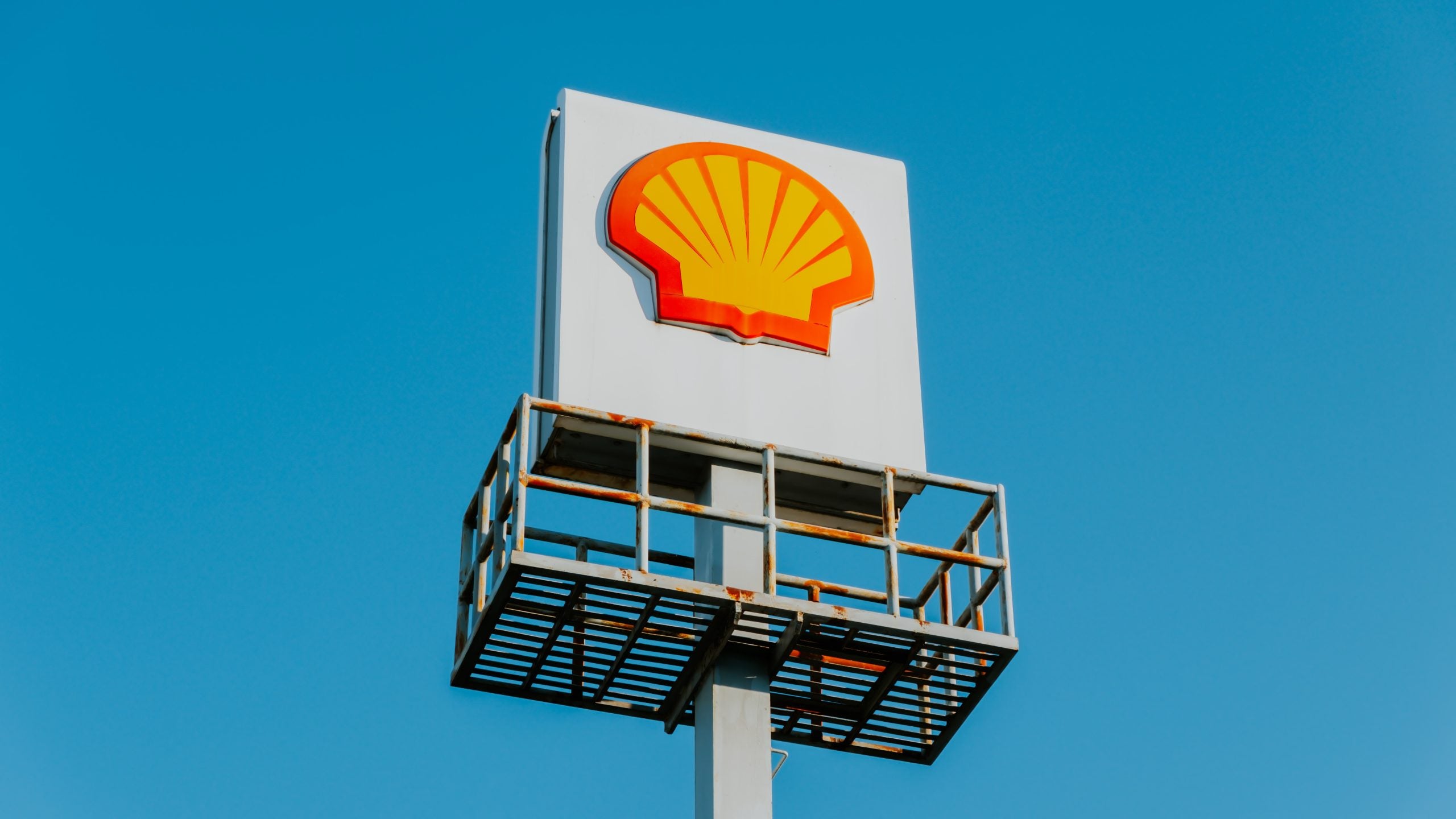
Shell’s annual profits have more than doubled to $39.9bn (£32.2bn) in 2022, the highest ever recorded in the company’s 115-year history.
Energy prices soared in March following the Russian invasion of Ukraine due to European concerns for security of supply. Oil and gas prices have come down following this initial spike but remain high for households and businesses.
The near $40 million profit for the oil giant has been criticised extensively, with many suggesting that energy companies should face higher taxes.
Following the UK government’s introduction of a windfall tax, or ‘Energy Profit Levy’ in May of last year, energy companies were required to pay an extra 25% on their profits made from production on the UK continental shelf.
Shell, a UK-headquartered company, was in under scrutiny last October as it transpired that they had paid almost no windfall tax thus far, and likely would not be doing so. Oil and gas companies are legally able to reduce tax rates by factoring in losses or spending in other areas such as the decommissioning of the North Sea Oil platforms. Shell have been investing in UK projects to offset UK profits.
Despite the fact that, only 5% of Shell’s revenue is derived from the UK, given their UK-based offices many demanded that the company pay more in British taxes.
How well do you really know your competitors?
Access the most comprehensive Company Profiles on the market, powered by GlobalData. Save hours of research. Gain competitive edge.

Thank you!
Your download email will arrive shortly
Not ready to buy yet? Download a free sample
We are confident about the unique quality of our Company Profiles. However, we want you to make the most beneficial decision for your business, so we offer a free sample that you can download by submitting the below form
By GlobalDataEnergy taxation is being hotly debated globally. Some EU politicians have questioned the EU’s Energy Taxation Policy saying it seems to give tax advantages for energy sources such as coal compared to more carbon-efficient ones. Many are calling for policy reform across national governments.
While Shell’s CEO told the BBC that the record figures “demonstrate the strength of Shell’s differentiated portfolio, as well as our capacity to deliver vital energy to our customers in a volatile world”.
UK Liberal Democrat leader Ed Davey described the figures as “outrageous”, opposing the fact that Shell has made “profits out of Putin’s illegal invasion of Ukraine”. Greenpeace campaigner Elena Polisano claimed that they illustrate how Shell is “profiteering from climate destruction and immense human suffering”. Environmentalists are calling for higher taxation, Polisano states that “it’s time to make polluters pay. If they had pivoted their business and transitioned away from fossil fuels sooner, we wouldn’t be in such a deep crisis. It’s time for them to stop drilling and start paying.”







